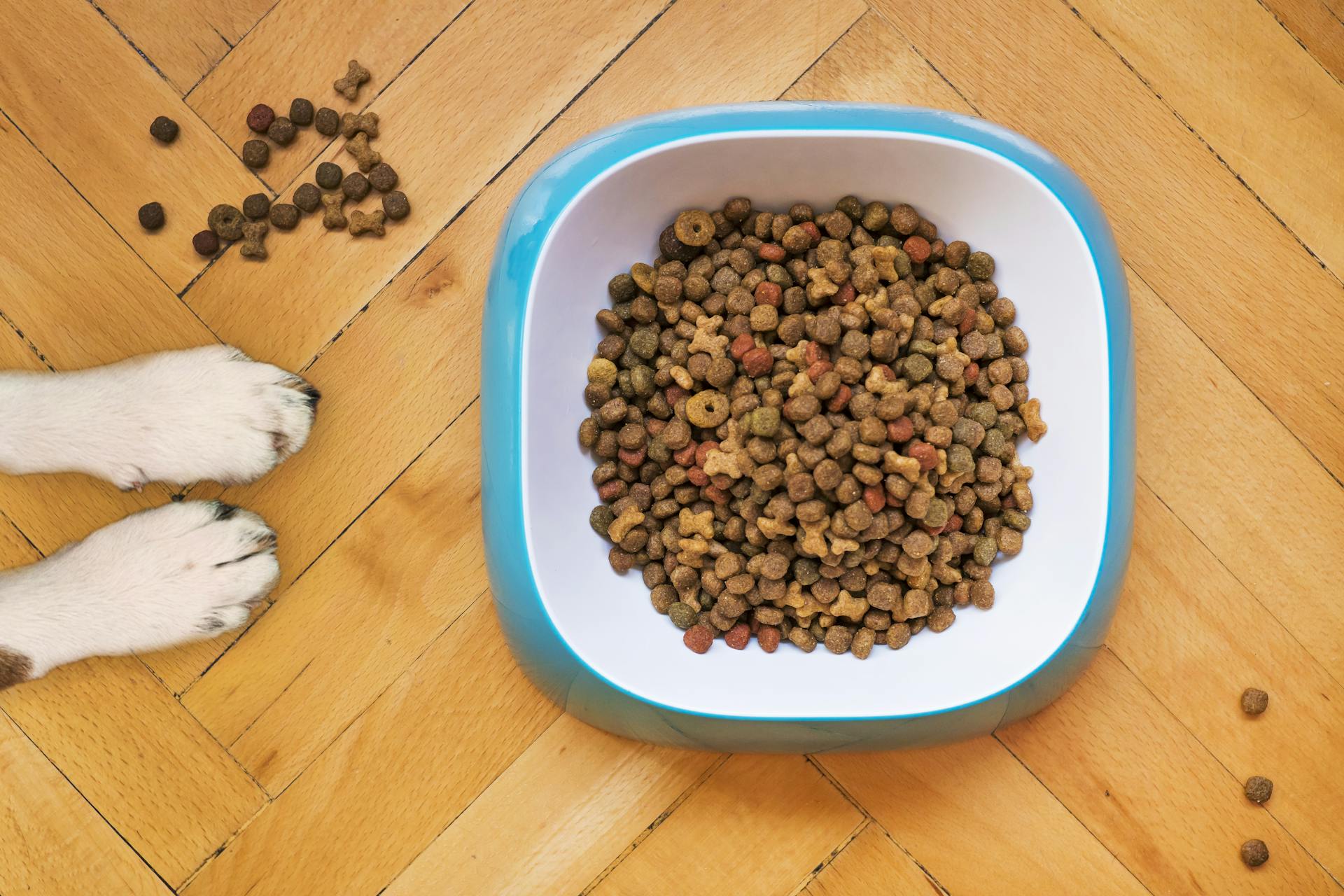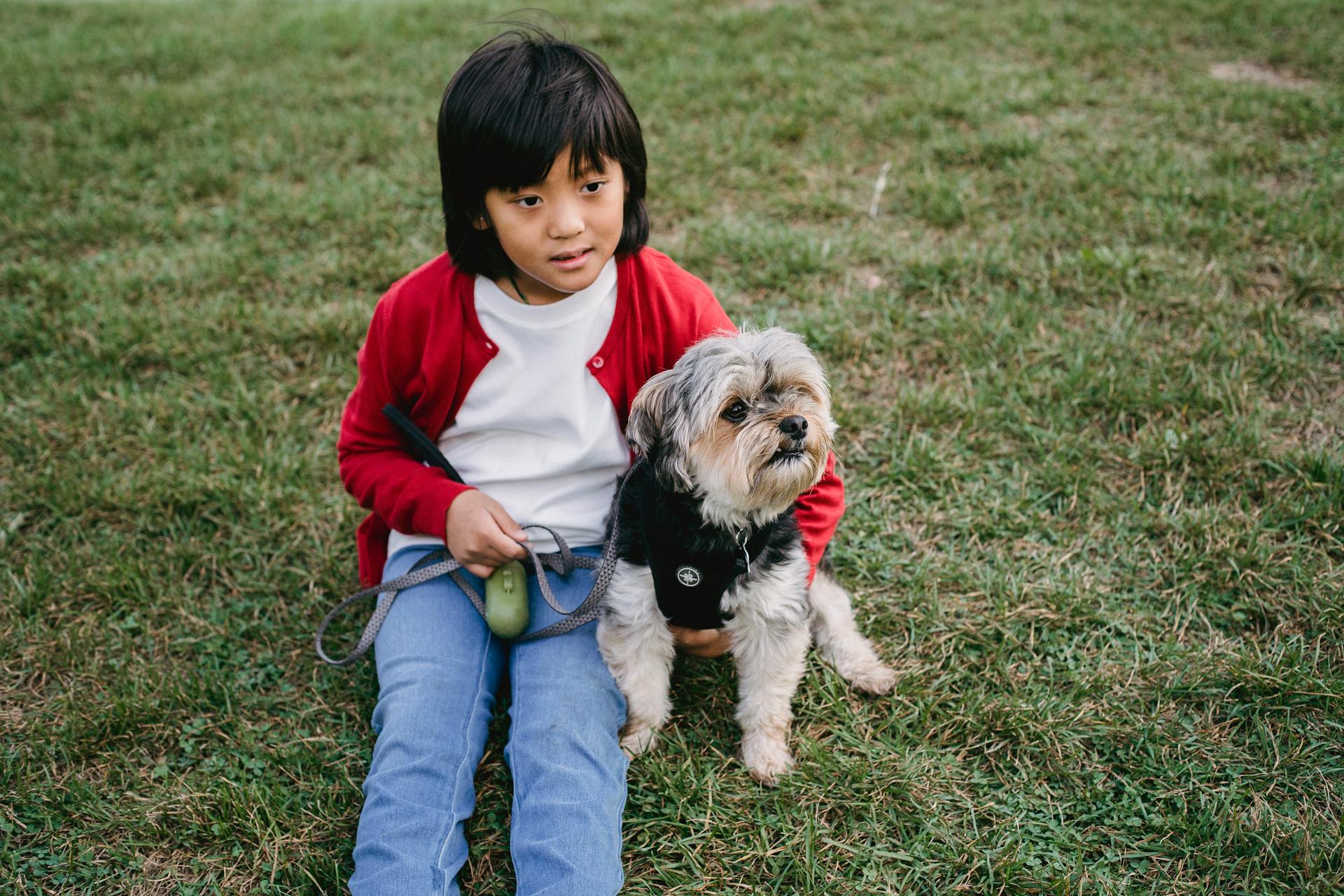
If your rabbit is suffering from constipation, you can help them feel better with a few simple steps.
First, provide your rabbit with plenty of fresh water to ensure they stay hydrated and don’t become further dehydrated as a result of their condition. You may even have to syringe feed some water in to them if they are having difficulty consuming it on their own.
Next, make sure that hay plays a main part in their daily diet. Hay will help increase the amount of fiber that is present in the digestive tract, and this could help stimulate stool formation. As well as feeding hay, you can also offer food high in fiber such as carrots, cauliflower leaves and apples which may help ease constipation.
Finally, try adding vegetable oil or psyllium husk powder into the rabbit's water and/or food (1/4 teaspoon per 2 ounces). This should also aid digestion and should speed up the process when trying to treat cases of mild constipation.
In general terms just remember: plenty of clean fluids; regular exercise; providing extra fibre through hay; offering well-balanced meals full of vegetables and fruits rich in soluble fibre content; keeping stress levels low to avoid exacerbating health problems-these basic points are key when it comes to tackling constipation issues faced by rabbits!
Here's an interesting read: Treat Constipation
Is it safe to feed my rabbit laxatives?
Though your rabbit may be showing signs of constipation, or discomfort due to difficulty in passing stool, the answer to the question “Is it safe to feed my rabbit laxatives?” is NO.
Laxatives are medications that stimulate the digestive system while also keeping hydration levels high. While they can aid people and other animals with common digestive issues, they can be extremely harmful for a rabbit’s delicate intestinal tract. Rabbits process their food quickly and easily and most of their dietary needs come from hay and fresh vegetation for roughage. As such, feeding them medications like laxatives could drastically disrupt their delicate balance making things much worse in the long run.
The best way to protect your bunny’s health is through proper nutrition. Feeding your rabbit a range of hay-based diets including grass hay should provide adequate fiber so that constipation does not become an issue again in the future. Also keep fresh water available at all times since dehydration is another common cause for constipation in rabbits. If you still find that your rabbit cannot pass stool then consult with an exotics vet who will likely advise treatment such as manual extraction or enemas as needed rather than administering laxatives directly unless instructed otherwise..
Explore further: My Yorkshire Terrier Is Constipated
What food can help ease a rabbit's constipation?
As a pet owner, the last thing you want your rabbit to endure is constipation. This uncomfortable condition can cause your beloved companion considerable pain and stress. Luckily, there are ways to help treat and prevent constipation in rabbits through diet changes. Making sure that your rabbit consumes enough fiber is key!
The most important food that can help ease a rabbit’s constipation is hay or grasses. Not only are fresh hay and grasses essential for digestive health, but they also help create healthy stool for easy passing. Leafy greens such as romaine lettuce, spinach, cilantro, cabbage, kale and Swiss chard are also beneficial for relieving constipation in rabbits because they are rich in fiber and water content that helps stimulate digestion. Additionally these nutrient-packed greens provide added vitamins A & C which can be difficult to get from other sources if not monitored carefully. Limit treats such as pellets or processed snacks as these may be low in fiber leading to unwanted side effects like poop-packing!
Including apple slices or carrots into their diet is another alternative that can help stimulate digestion of extra hard pellets or treats if need be; however remember that too much of either will lead to cavities! Easy on the sugary snacks including fruits like grapes though as this could do more harm than good with the high sugar content affecting their delicate teeth & gums over time. Last but not least plenty of fresh water is a must ensure proper hydration throughout the day which helps soften stool naturally easing its simple passage with reduced strain on both momma & baby buns alike!
In conclusion - helping your bunny's digestion get back on track requires making some adjustments to his/her diet so always check with a veterinarian first before making any major changes involving food items said here – best wishes rascally bunnies everywhere!
Worth a look: Why Does My Rabbit Not Let Me Pick Him Up?
How can I tell if my rabbit is constipated?
When your pet rabbit isn't feeling its best, it can be hard to tell what is wrong. If your rabbit is experiencing constipation, there are several signs of this condition that you can look out for.
The most common symptom of constipation in rabbits is a lack of droppings. A healthy rabbit normally produces several small- to medium-sized pellets multiple times per day. If you notice that the amount or frequency of droppings reduce, then this could be an indication that the rabbit may be struggling with constipation.
If your pet does have a few pellets but they appear larger and harder than normal, then this could also mean there’s some sort of blockage inside the gastrointestinal tract preventing regular bowel movements from occurring. Additionally, other symptoms like appetite loss and refusal to eat or lethargy may be present along with changes in behaviour such as hunching over when sitting or ears drooping down can also point to a more serious medical issue like constipation needing veterinary attention immediately.
In conclusion, if there are any changes in elimination habit or other signs mentioned above for an extended period time then it’s time show up at the vet since only professional advice and help can really determine whether your furry friend has something wrong internally when it comes to their fur baby’s health condition!
You might enjoy: When to Take Your Rabbit to the Vet?
What natural remedies are available to relieve a rabbit's constipation?
If you know what it's like to have a pet rabbit, you'll understand that constipation is a common issue for these adorable critters! While it can be alarming if your rabbit has difficulty passing waste, there are natural remedies available to get them back on track.
To start with the basics, it’s important keep your rabbit hydrated. Providing plenty of fresh water (and even electrolyte solutions) can help relax the muscles in their digestive system and make elimination easier. Avoid providing processed snacks and treats that may be high in fat or sugar and opt for hay or vegetables like carrots or celery instead – they are not only less likely to cause indigestion but contain fiber which promotes healthy digestion as well.
You can also try adding herbs such as chrysanthemum leaves, rosemary, foxglove root bark or dandelion into their diet – these all act as natural laxatives which could help relieve constipation. Another herb called slippery elm is believed to have properties that coat the digestive tract and aid in clearing out impacted feces due to its mucilage content (a type of gel-like substance). You may even want to consider giving your pet a pinch of psyllium husk powder – commonly used for humans with constipation issues - when mixed with food this fibrous powder creates more bulk that helps stimulate movement through the intestines!
Finally, homeopathic remedies like Nux Vomica – derived from strychnine seeds - can provide relief from sluggishness due to bloating within the gut and nitrogen retention within rabbits' bodies respectively; bearberry extract supports respiration rate; osmotic diarrhea relievers (such as Potassium salts) offer fast action on improving peristalsis when ingested; finally Bismuth Subcitrate may help cleanse toxic accumulations gathered over time inside their systems by acting directly on toxins. If all else fails then visiting your veterinarian? vet maybe the best option because he/she will be able assess whether any further tests should be conducted before prescribing laxatives..
Overall, while finding natural remedies that work best for each individual rabbit might take trial-and-error - trying different things out until you find something suitable - there are numerous options available at your disposal which could definitely prove effective!
Worth a look: What Hay Is Best for Rabbits?
How much water should I give my rabbit when it's constipated?
If your beloved pet rabbit is struggling to keep their system regular, then it's important to make sure they get the right amount of water. It can be hard to tell if your rabbit is constipated, as rabbits often hide any signs of discomfort or pain. If you believe your bunny may be constipated, contact a veterinarian immediately so they can evaluate and treat the issue appropriately.
In terms of how much water should be given directly to a constipated rabbit, veterinarians usually recommend giving them 1-2 tablespoons (15-30 milliliters) of lukewarm water every 2-3 hours in order to lubricate their digestive system and help them pass stools easier. You should also monitor for any dehydration symptoms such as dry nose or mouth, so provide additional fluids if necessary.
Rehydrating with hay and fibre-rich vegetables is also an important part in preventing future bouts of constipation in rabbits. Increasing the fibre content in their diet helps create softer stools that are easier for them to pass. Be sure only feed high quality hay such as meadow grass hay and timothy hays that are free from moulds and dust; offer a variety of fresh vegetables for a balanced diet; and speak with your veterinarian about adding natural laxative supplements such as bran or psyllium husk powders into their meals if needed.
It's important never attempt any treatments without consulting first with an experienced veterinarian who specialises in exotics animals like rabbits - even something simple like giving extra fluids can have negative effects if done incorrectly over time!
Check this out: Constipated Bird
What kind of exercise should I give my rabbit to prevent constipation?
Exercising your rabbit can help prevent constipation and keep them healthy. Constipation is common in rabbits, often due to a diet that doesn’t provide enough fiber or water or from prolonged periods of inactivity. Exercise is an important part of maintaining healthy digestion for rabbits, as it helps to stimulate the digestive system.
A few options for exercise vary depending on the type of enclosure that you have available:.
1) The first option is simply providing plenty of space where your rabbit can run and explore to their heart’s content! This could be inside your house, in a large enclosed outdoor pen with plenty of room to move around, or both if possible.
2) Another good form of exercise is by setting up obstacles and tunnels for your rabbit to move through as they play. This not only stimulates their curiosity but also gives them a cardiovascular workout! Items like PVC tubing, cardboard boxes with holes cut out, tunnels made out of hay bales, or even elevated ramps are all great ideas here.
3) If you want something structured then try playing games like fetch! You can roll paper towel rolls across the floor for them to catch and bring back or maybe even put some greens into one end so they will search for it at the other end.
4) Last but not least if you have limited space consider enrichment activities such as hiding pieces of treats around the area so they must use their nose and paws to find them - this encourages ‘foraging’ behavior which simulates natural wild conditions where food isn’t always readily available and so rabbits must search thoroughly before eating anything they find – perfect exercise!
Discover more: Why Is Lennie so Obsessed with Rabbits?
Sources
- https://arew.org/how-to-treat-a-constipated-rabbit/
- https://petkeen.com/rabbit-water-consumption/
- https://rabbittalk.com/threads/safe-and-unsafe-plants-for-rabbits.586/
- https://rabbits.life/what-can-i-give-my-rabbit-for-constipation/
- https://food.ndtv.com/health/5-foods-that-can-help-you-poop-and-ease-constipation-3660412
- https://en.home-master.org/22929588-constipation-in-a-rabbit-what-to-do-how-and-how-to-treat
- https://askmyrabbit.com/can-rabbits-eat-olive-oil/
- https://allanimalsfaq.com/rabbit/what-to-give-a-constipated-rabbit/
- https://rabbitbreeders.us/how-to-treat-rabbit-constipation/
- https://petreader.net/how-to-treat-a-constipated-rabbit/
- https://askmyrabbit.com/rabbit-constipation/
- https://allanimalsfaq.com/rabbit/can-rabbits-get-constipated/
Featured Images: pexels.com


